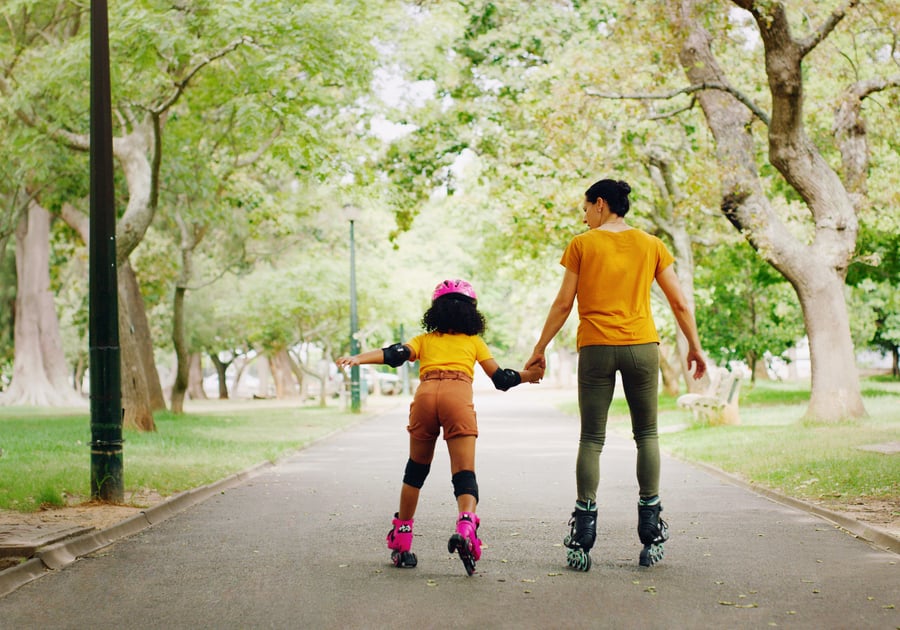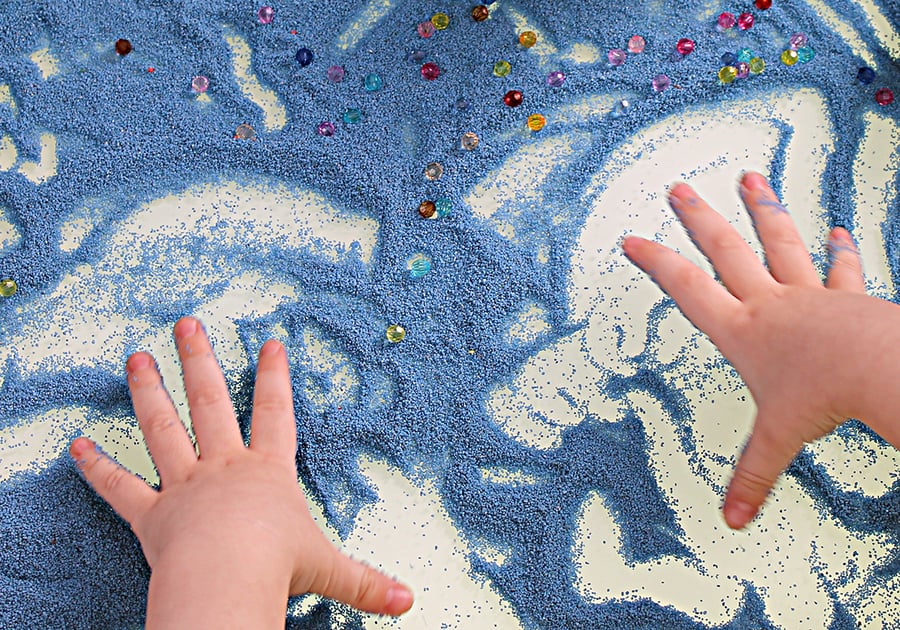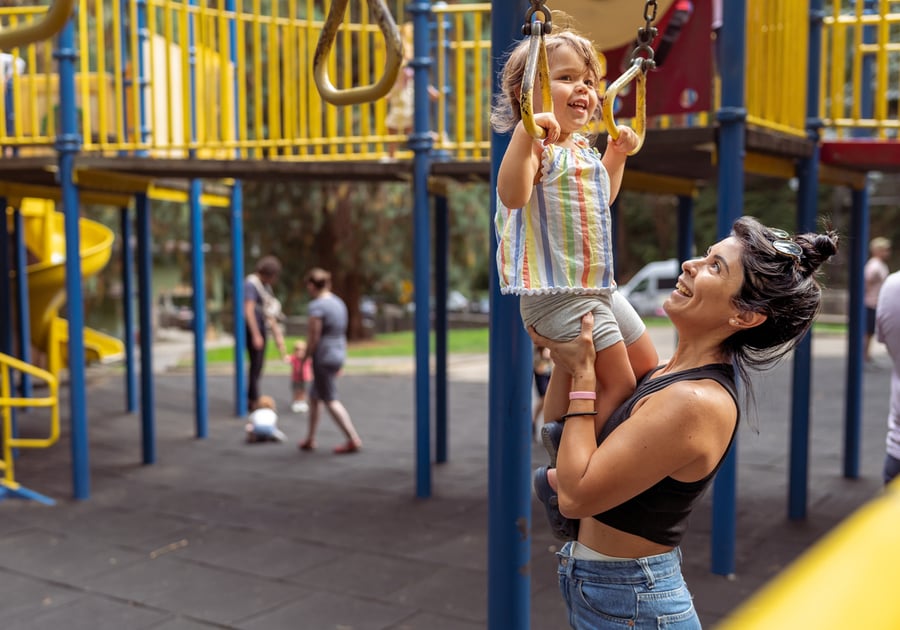One of the many reasons parents seek services for their young children is to address issues or life events as they happen. Significant life changes such as divorce, the death of a loved one, changes in environment, bullying, or trouble in school can all impact a child's future growth and development. Early intervention is key for a child's development so they learn to cope with adversity today and in the future.
Early childhood experts agree that play therapy can help children:
- Use expressive language
- Increase knowledge of self
- Strengthen relationships with friends and family
- Increase communication skills
- Build empathy for others
- Alleviate anxiety
- Take responsibility for their behaviors
- Learn to problem-solve creatively
Play therapy has been used for decades, but the details of this approach are widely unknown. AllHealth Network's Early Childhood Therapist, Mairin Knauss, LPCC, has answered some common questions parents and caregivers have regarding play therapy.
Q: What is play therapy?
A: Play therapy is often used to treat emotional and behavioral problems in children by meeting them where they are developmentally. Play therapy is typically used with children ages 3-12.
Play therapy can be utilized in various ways, such as children processing difficult things through playing with figurines, strengthening strategic thinking skills through board games, or working on social skills through video game play.
Q: How does play therapy work?
A: Play therapy offers an environment that meets children where they are and engages them in activities they know best… PLAY! Play therapy provides an approach that meets children where they are and allows them to express themselves in ways that feel most comfortable.
In the 45-minute to 1-hour session of play therapy, a child can be their authentic self. By providing a neutral and non-judgmental space with a therapist, a child can feel free to explore challenges, emotions, trauma, and other barriers in a way that is most comfortable to them.
Q: Can I know what happens in the session with my child?
A: Yes and no. You can always ask; clinicians will uphold confidentiality with the child and only report concerns to caregivers if there is a concern the child is being hurt or they will hurt someone else.
The child is always welcome to share with their caregiver about their session, but they do not have to. Confidentiality is very important to the therapeutic alliance, and therapy should remain a comfortable place for children with no pressure to discuss each session with a caregiver.
Q: Can my child take psychiatric medicine at an early age?
A: Yes. The early childhood team works alongside psychiatrists, who can prescribe medications to children as young as 3 years old.
Q: How long will treatment take?
A: It depends. Some caregivers seek professional opinions just to make sure their child is "okay" after a stressful life event or if certain behaviors their child is exhibiting are developmentally appropriate. In these cases, the clinician can provide their professional opinion, and the child may only meet for two or three sessions.
Other children might remain in treatment for years, which can sound scary, but treatment should never be rushed. In my experience, caregivers who prioritize therapy and consistently meet every week see the most progress. Therapy is a two-way street, and goals need to be supported by caregivers to encourage the child's progress.
If you'd like to read more about play therapy, we recommend these articles:
- An Overview of Play Therapy (National Library of Medicine)
- How Play Therapy Treats and Benefits Children and Some Adults (Healthline)
This video from Georgia State University shows why play therapy can be an effective way for children to communicate:
Beyond play therapy, there are other services available for young children. AllHealth Network offers additional common interventions such as art therapy, animal-assisted therapy, and music therapy. You can explore the many services AllHealth Network offers to young children and their families at www.allhealthnetwork.org/services/early-childhood-services.
If you're interested in learning more about play therapy for your child, contact AllHealth Network's information line at (303) 730-8858 or visit our website at www.allhealthnetwork.org.
If you want to submit an e-referral online for a friend or loved one, you can do so at www.allhealthnetwork.org/community-partners/referrals. All you need to provide is basic information about the person you want to refer for services. The person should receive a call from an Access to Care Specialist within one business day.
AllHealth Network
116 Inverness Dr. E.
Englewood, CO 80112
(303) 730-8858






